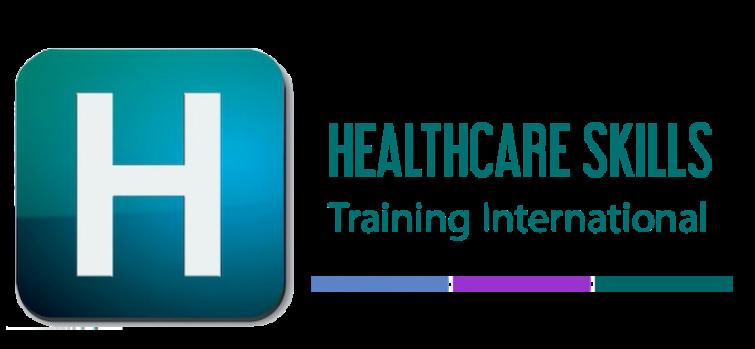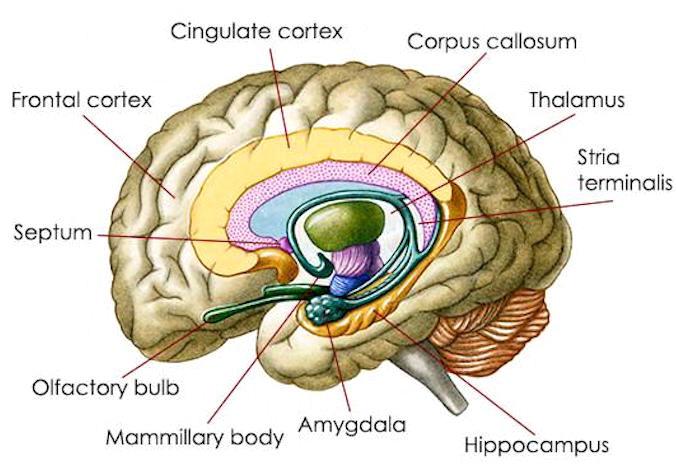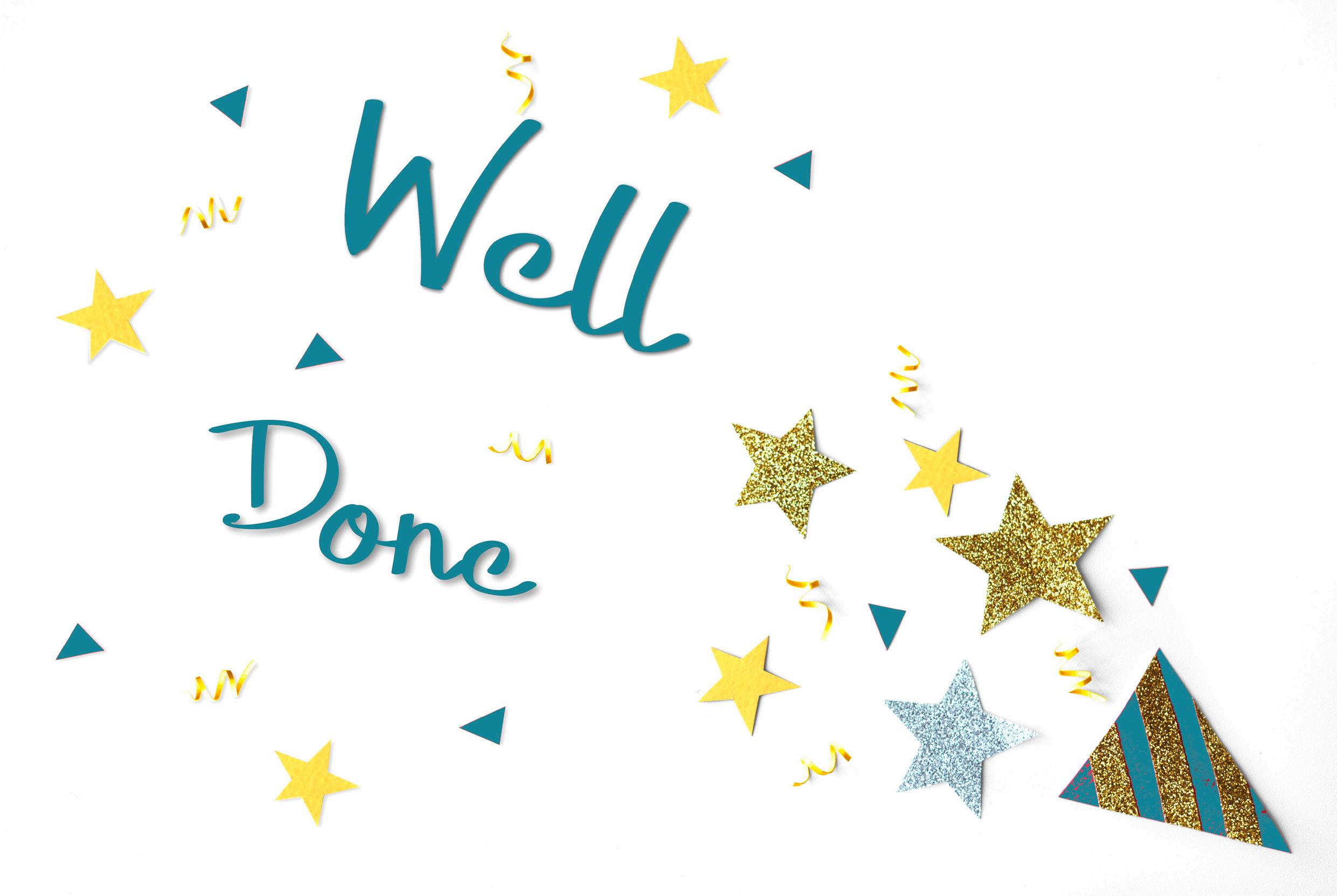

RESILIENCE How to Turbocharge your Everyday
RESILIENT PEOPLE HAVE: AWARENESS- SITUATIONAL & SELF: Honestly appraise own self & what is COMPASSIONhappening & EMPATHY: Considerate of others and other points of RESOURCEFULNESS:view Can find solutions with what’s at hand HUMILITY: Put things into perspective & ask for help when needed HEALTHY BRAIN & BODY These skills help us face our challenges & recover from set backs. Fortunately, they can be developed & strengthened
OBJECTIVELEARNING
Understand the neuroscience of stress & Understandresiliencetheskills needed to manage pressure & be even more Understandproductivehow to develop resilience


RESILIENCEOFNEUROSCIENCESTRESS& Need to understand that pressure & stress are different PRESSURE IS EXTERNAL DEMAND OR ENVIRONMENT: (a very short deadline) STRESS IS YOUR INTERNAL DEMAND: (worry or anxiety that you won’t meet the deadline or achieve the quality you want) 1) Make a list of YOUR pressures 2) Add stress rating: 0 if a little stressful + if some stress ++ a LOT of stress KEEP THIS LIST
We can help the stress in our head with a better understanding of what’s inside our head Given the complexity of what’s inside your skull, a simple hand model of the brain is a useful way of learning the basics
Watch this link: https://youtu.be/f-m2YcdMdFw

PRE-FRONTAL CORTEX & THE AMYGDALA


THE AMYGDALA IS THE INTEGRATIVE CENTRE FOR: THE PREFRONTAL CORTEX (PFC) IS INVOLVED IN: FRIGHT - FLIGHT - FIGHT • Emotions • Emotional behaviour • Motivation • Survival Reflex • Focus • Forethought • Planning • Judgement • Decision Making • Organisation • Follow-through • Empathy • Learning from mistakes • Problem-solving • Expressive Language • Impulse control • Saying no to behaviours inconsistent with goals • Conscientiousness
WHEN THE PFC IS NOT FUNCTIONING AT ITS OPTIMUM • Short attention span • Distractibility • Poor Planning • Lack of Perseverance • Erratic Decision Making • Poor Problem-solving • Disorganisation • Procrastination • Difficulty being in touch with emotions • Lack of Empathy • Impulsivity • Saying yes too often • Lack of Conscientiousness • Trouble learning from experience • Chronic lateness & poor time management Have you experienced any of these? List them to discuss in your one-to-one meeting
HOW TO PASSIVEBURNOUTMANAGE
SIGNS OF BURNOUT
• Weariness • Feeling inadequate • Sadness • Lowering standards of performance • Missing deadlines • More cynical? • Spot the symptoms • Reflect before react • Practice & promote bigger picture- reframe problems • Support in the struggle (one solution doesn’t fit all ) • Combat the culture of urgency/ immediate action ACTIVE • Unhealthy eating • Neglecting healthy routines • (more)Easily annoyed • (more)Impatient • (more) Discontented • Losing their cool (more often)
(OUR)PSYCHOLOGYLIVESINOURPHYSIOLOGY Sleep deprivation, poor diet lack of exercise all have a significant negative impactonourcognitivefunctioningIncludingourabilitytomanageouramygdala,accuratelyassessasituation,makeinformeddecisions,communicateeffectivelyandleadourselves,letaloneateam!


SKILLS TO BUILD LEFT SIDE OF PFC: STRATEGIES TO HELP PFC - ALL OF YOUR BRAIN TAKE YOUR BRAIN TO THE GYM. PHYSICAL EXERCISE IMPORTANT FOR YOUR BREATHE:BRAINCHANGE THE RATIO OF INHALE (4) TO EXHALE (8) SLEEP WELL EAT WELL Watch this Try this • SET TIME LIMITS/ TAKE A BREAK • WALKING/PHYSICAL ACTIVITIES • FRESH AIR • “FEED YOUR BRAIN”
HOW TO MANAGE PRESSURE & BE EVEN MORE PRODUCTIVE 1. Think of conscious thinking as a precious resource to conserve.*PRIORITISE Prioritising, as its an energy intensive activity. SCHEDULE TIME FOR PRIORTISING TASKS *Save mental energy for prioritizing by avoiding other high energy consuming conscious activities such as dealing with emails. *Schedule the most attention-rich tasks when you have a fresh alert mind *Use the brain to interact with information rather than trying to store information by creating visuals for complex ideas and by listing projects *Schedules blocks of time for different modes of thinking PRIORITISEPRIORITISINGTip1 as its an intensiveenergy BRAIN activity.

TRY THIS TO CLARIFY & PRIORITISE YOUR TIME DO HAVEI TO DO THIS NOW? DO I HAVE TO DO NOW?TODONOW?THISIHAVEDOTHIS For each task ASK 3 questions
WHAT CAN MAKE A CHALLENGINGSITUATIONWORSE?TOXICPOSITIVITYPERFECTIONISM

Research has shown that accepting negative emotions, rather than avoiding or dismissing them, may actually be more beneficial for a person’s mental health in the long run. One 2018 study tested the link between emotional acceptance and psychological health in more than 1,300 adults and found that people who habitually avoid acknowledging challenging emotions can end up feeling worse.
“To expect that this time is going to be he time to make yourself better and to change yourself, that’s the toxic positivity,” said Clinical Psychologist,Jaime Zuckerman, noting, “There’s nothing wrong with trying to make the best of it, but making the best of it is different from toxic positivity. Making the best of it is accepting the situation as it is and doing the best you can with it, whereas toxic positivity is avoidance of the fact that we’re in a really bad sharable tool from Positive Psychology Review this:
Take this quiz

Here’ssituation.”auseful free


ADDRESS THE WAYS PERFECTION REVERSIBLEPRODUCTIVITYIMPEDESCONSEQUENTIALINCONSEQUENTIALIRREVERSIBLE Reluctance to designate some decisions “unimportant”1 RunActexperimentsQuickly Decide Slowly Delegate Ref: BoyesA2020 Try decision-makingthis matrix by Adam Grant BY DELEGATING THE IRREVERSIBLE & INCONSEQUENTIAL DECISIONS TO OTHERS YOU FREE YOUR BRAIN TO CONCENTRATE ON THE MORE IMPORTANT CONSEQUENTIAL DECISIONS THAT REQUIRE MORE THOUGHT



ADDRESS THE WAYS PERFECTION PRODUCTIVITYIMPEDES When costs of overperformance are high, use a ‘rule of thumb’ to keep yourself in check If you don’t you won’t have time, energy or resources to do it all to the standard you set yourself… Regular self checks Ref: BoyesA2020 Feel morally obligated to ‘over deliver’ Get angry when <100% consistent with good habits 2 3
TAKE TO STRESS-INDUCINGBREAKHABITS:
4 STEPS
Pressure doesn’t have to turn into stress: Nicholas Petrie 2017 Wake Up: from “Waking sleep” Physically or Mentally Put things into perspectivestop the drama-rama a. How much will this matter in 3 years? What’s the worst that could happen? Control your attention ***** a. Remember you can care about the external stuff without worrying about them Let go (HARDEST) a. Acceptance - it’s the way it is b. Learning the lesson – What have I learned from this experience? c. Action- Sometimes you do have to do something. Ask: What action is needed here? Try this Try this Try this Try this
RESILIENCEDEVELOPING this
Resilience

Oxford DictionaryEnglish2021
Differentiate Resilience from Grit Take
quiz
Grit The capacity to recover quickly from difficulties; toughness Courage and resolve; strength of character
SOMETIMES YOU NEED BOTH GRIT AND FEEDSMACKRESILIENCE Resilience RUNSTAYGritNOTAWAYRECOVER & LEARN EXPERIENCEFROM Silence is perceived as permission and what you permit– you promote!! ListenRecoverPauseHeal&learnPrevention Get through the situation now Breathe Try to understand: Ask Qs, Listen Recover: take a time out Engage: Any truth? Deeper Issue? Overly harsh negative feedback

DEVELOP YOUR PERSONAL RESILIENCE BUILDINGPLAN Prep this Resilience is about recovery NOT endurancePAUSE to be more productive Take Tech Breaks-especially your phone Offtime & Unplug apps schedule auto airplane mode Take Cognitive Breaks every 90 minutes Try not to eat lunch at your desk- go outside instead Take ALL of your paid time off Try 10 min Desk Yoga
CONGRATULATIONS


you’re ready for your next steps: Review your activity worksheets Keep them handy for your next session: Schedule your one-to-one session AND/ Or Join the group workshop
